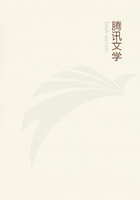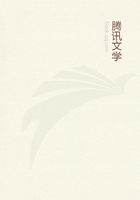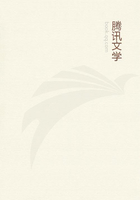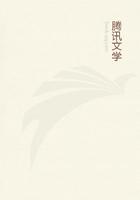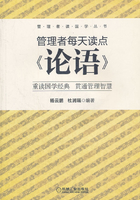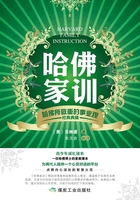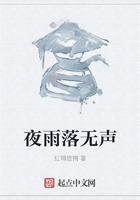M. Proudhon talks of nothing but modern monopoly engendered by competition. But we all know that competition was engendered by feudal monopoly. Thus competition was originally the opposite of monopoly and not monopoly the opposite of competition. So that modern monopoly is not a simple antithesis, it is on the contrary the true synthesis.
THESIS: Feudal monopoly, before competition.
ANTITHESIS: Competition.
SYNTHESIS: Modern monopoly, which is the negation of feudal monopoly, in so far as it implies the system of competition, and the negation of competition in so far as it is monopoly.
Thus modern monopoly, bourgeois monopoly, is synthetic monopoly, the negation of the negation, the unity of opposites. It is monopoly in the pure, normal, rational state.
M. Proudhon is in contradiction with his own philosophy when he turns bourgeois monopoly into monopoly in the crude, primitive, contradictory, spasmodic state. M. Rossi, whom M. Proudhon quotes several times on the subject of monopoly, seems to have a better grasp of the synthetic character of bourgeois monopoly. In his Cours d'economie politique , he distinguishes between artificial monopolies and natural monopolies. Feudal monopolies, he says, are artificial, that is, arbitrary; bourgeois monopolies are natural, that is, rational.
Monopoly is a good thing, reasons M. Proudhon, since it is an economic category, an emanation "from the impersonal reason of humanity".
Competition, again, is a good thing since it also is an economic category.
But what is not good is the reality of monopoly and the reality of competition.
What is still worse is that competition and monopoly devour each other.
What is to be done?? Look for the synthesis of these two eternal thoughts, wrest it from the bosom of God, where is has been deposited from time immemorial.
In practical life we find not only competition, monopoly and the antagonism between them, but also the synthesis of the two, which is not a formula, but a movement. Monopoly produces competition, competition produces monopoly. Monopolists are made from competition; competitors become monopolists.
If the monopolists restrict their mutual competition by means of partial associations, competition increases among the workers; and the more the mass of the proletarians grows as against the monopolists of one nation, the more desperate competition becomes between the monopolists of different nations. The synthesis is of such a character that monopoly can only maintain itself by continually entering into the struggle of competition.
To make the dialectical transition to the taxes which come after monopoly , M. Proudhon talks to us about the social genius which, after zigzagging intrepidly onward,, "after striding with a jaunty step, without repenting and without b lting, reaches the corner of monopoly, casts backward a melancholy glance, and, after profound reflection, assails all the objects of production with taxes, and creates a whole administrative organization, in order that all employments be given to the proletariat and paid by the men of monopoly."[I 284, 285]
What can we say of this genius, which, while fasting, walks about in a zigzag?? And what can we say of this walking which has no other object in view than that of destroying the bourgeois by taxes, whereas taxes are the very means of giving the bourgeois the wherewithal to preserve themselves as the ruling class??
Merely to give a glimpse of the manner in which M. Proudhon treats economic details, it suffices to say that, according to him, the tax on consumption was established with a view to equality, and to relieve the proletariat.
The tax on consumption has assumed its true development only since the rise of the bourgeoisie. In the hands of industrial capital, that is, of sober and economical wealth, which maintains, reproduces, and increases itself by the direct exploitation of labor, the tax on consumption was a means of exploiting the frivolous, gay, prodigal wealth of the fine lords who did nothing but consume, James Steuart clearly developed this original purpose of the tax on consumption in his Recherches des principes de l'economie politique , which he published 10 years before Adam Smith.
"Under the pure monarchy, the prince seems jealous, as it were, of growing wealth, and therefore imposes taxes upon people who are growing richer. Under the limited government they are calculated chiefly to affect those who from rich are growing poorer. Thus the monarch imposes a tax upon industry, where everyone is rated in proportion to the gain he is supposed to make by his profession. The poll-tax and taille are likewise proportioned to the supposed opulence of everyone libel to them....
In limited governments, impositions are more generally laid upon consumption."[II 190-91]
As for the logical sequence of taxes, of the balance of trade, of credit -- in the understanding of M. Proudhon -- we could only remark that the English bourgeoisie, on attaining its political constitution under William of Orange, created all at once a new system of taxes, public credit, and the system of protective duties, as soon as it was in a position freely to develop its conditions of existence.
This brief summary will suffice to give the reader a true idea of M. Proudhon's lubrications on the police or on taxes, the balance of trade, credit, communism, and population. We defy the most indulgent criticism to treat these chapters seriously.

